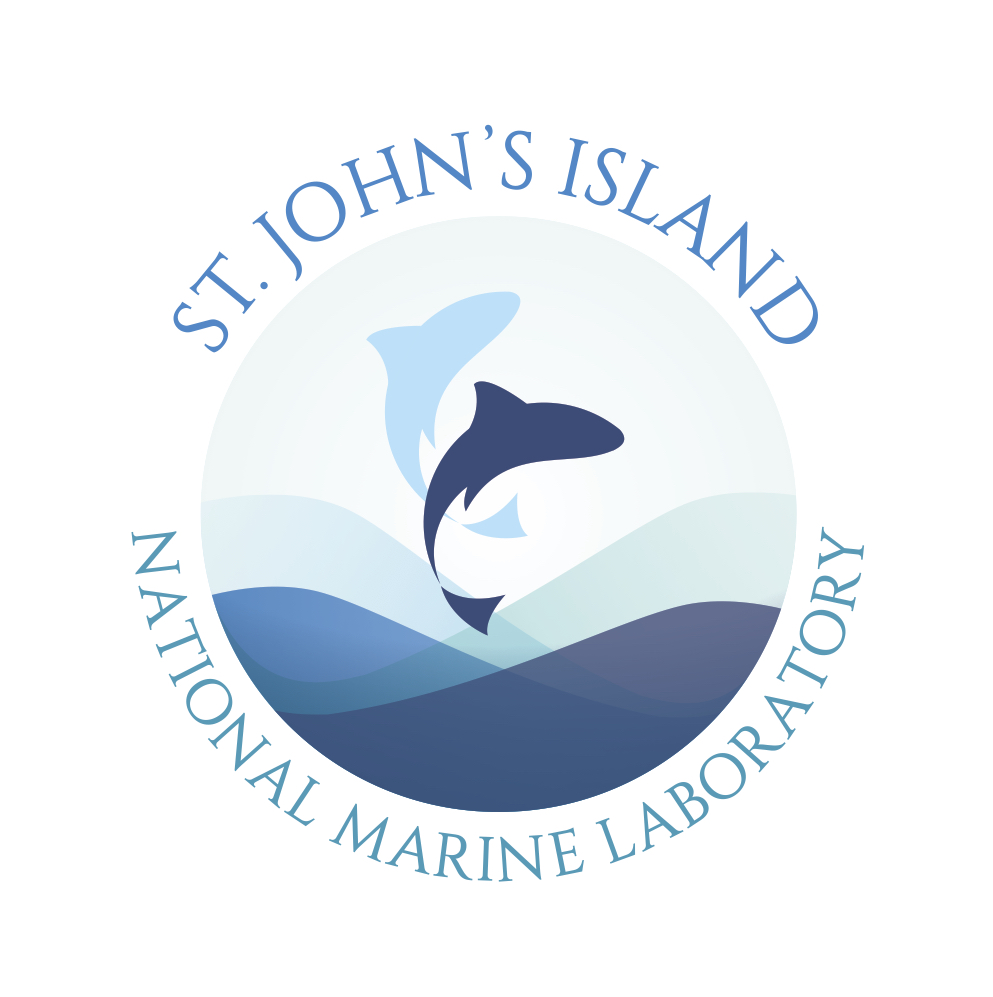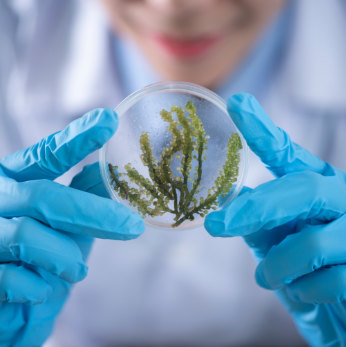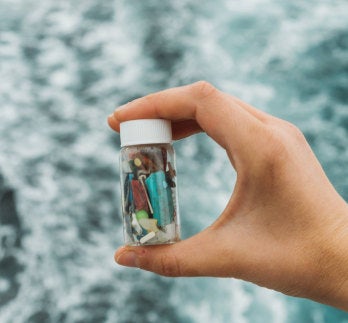Under the National Research Infrastructure (NRI) scheme, the St. John’s Island National Marine Laboratory (SJINML), Singapore’s only offshore marine research facility, is now open to ALL marine science researchers.
The marine lab at St. John’s Island is managed by the National University of Singapore (NUS). The marine laboratory first opened on 3 October 2002 as a research facility of the Tropical Marine Science Institute, NUS. The facility was designated as a National Research Infrastructure on 28 March 2016. Operations as an NRI commenced on 1 June 2016, with facilities opened to all researchers commencing 22 August 2016. SJINML was officially launched on 28 November 2016 by Deputy Prime Minister Teo Chee Hean, Chairman of the National Research Foundation, Singapore. For more information about the National Research Foundation, please click here.
The marine laboratory is strategically located next to the Sisters’ Islands Marine Park, Singapore’s first marine nature park. The high quality seawater pumped into aquaria at SJINML provides unique opportunities for high impact research in marine science.

OUR LOGO
Circle – representing a globe, the Earth; capturing SJINML’s focus on environmental sustainability.
Wave & Blue Colour Shades – representative of the marine environment, from deep sea to shallow waters; to emphasise SJINML’s focus on marine science research.
Pair Of Fishes – symbolic of SJINML’s motto to achieve new heights in research excellence through partnerships.





